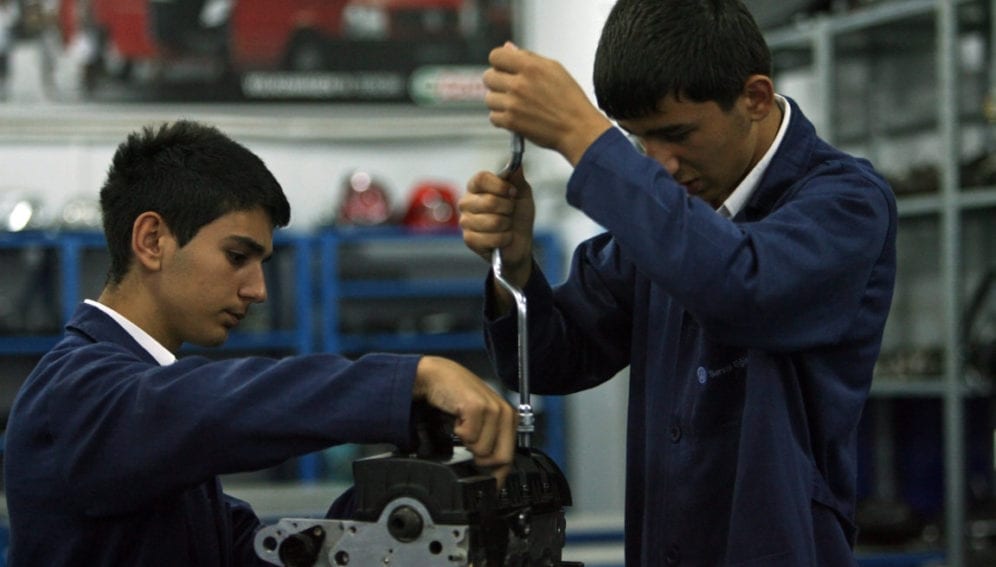By: Adole Abutu
Send to a friend
The details you provide on this page will not be used to send unsolicited email, and will not be sold to a 3rd party. See privacy policy.
[DAKAR] I know African universities are not at par with their counterparts in the Western world in terms of research output.
However, a revelation by Tunisia-based Association for the Development of Education in Africa that the continent’s higher education institutions produce less than one per cent of global scholarly articles has shocked me.
I received this shocking disclosure while attending the 2015 African Higher Education Summit in Senegal last week (10-13 March).
After interacting with some of Africa’s top brains in education, I was struck by the grim reality of their perception of this academic issue, which suggests a dearth of knowledge produced in the continent’s higher institutions of learning.
The startling revelation prompted the conference participants to place at the top of the agenda a discussion on how to address the abysmal research output from universities and research institutes across Africa.
A revelation by Tunisia-based Association for the Development of Education in Africa that the continent’s higher education institutions produce less than one per cent of global scholarly articles has shocked me.
Adole Abutu
A brief by the Association for the Development of Education in Africa presented at the summit noted: “Higher education research capacity in the form of published peer reviewed articles, master’s and doctorate degrees output is disturbingly low, and postgraduate enrolment in Sub-Saharan Africa has remained flat at five per cent between 2008 and 2012.”
After some deep reflections on the matter, the scholars and education experts backed the African Union’s recommendation of the formation of an African Research Council (ARC) as one of the options that the summit should consider in solving the disturbing trend emanating from Africa’s centres of academic excellence.
I further learned from the movers of the idea that the research council, once established, could give impetus to establishing a consortium of strong universities capable of undertaking quality research that would narrow the knowledge gap between African universities and their global counterparts.
Kwadwo Appiagyei-Atua, a research fellow at the School of Education, University of Lincoln, Brayford Pool, in the United Kingdom on this contention, made me agree that the formation of the ARC would have a significant impact on the strategies that may be adopted to raise African universities’ research output.
“As we speak, research output from the continent is low but do we really care? Governments have not seen research as an area that requires sufficient funding,” Appiagyei-Atua told me “African researchers go cap in hand to Europe or the United States to seek funding for research and these researches most of the time do not meet our needs but that of the funders.”
In an interesting twist to the education experts’ appraisal of African universities performance, Julius Okojie, the executive secretary, National Universities Commission, Nigeria, attributes the low research output from Africa to the era of dictatorship which forced most African scholars to seek greener pastures abroad.
“Things have not changed much as you need master’s and PhD students to conduct research activities, but we are gradually reversing the situation,” Okojie offered optimistically.
This article has been produced by SciDev.Net's Sub-Saharan Africa desk.














